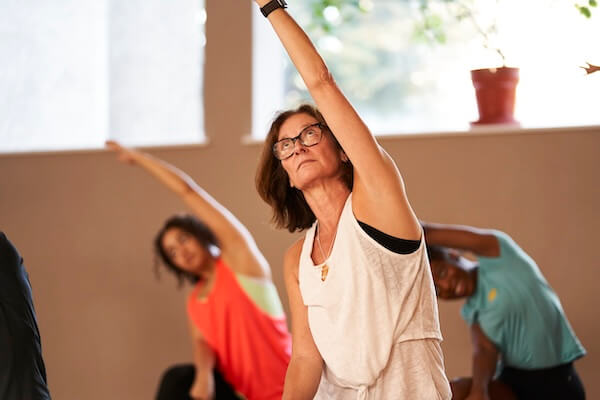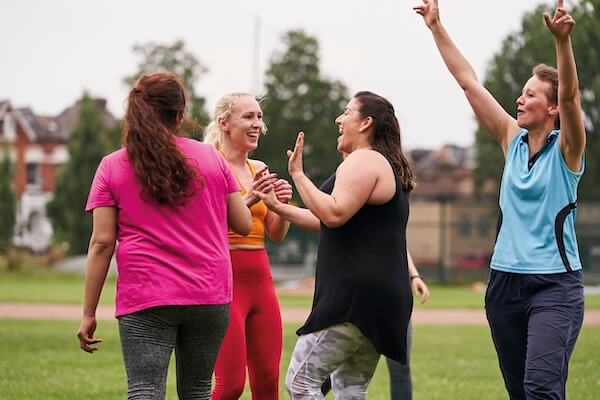
Sports play a crucial role in our physical and mental well-being. They help us stay active, improve our overall fitness, and reduce the risk of chronic illnesses. However, playing the same sport repeatedly can become monotonous and may not provide a comprehensive workout. This is where mixing up and playing different sports can be beneficial.
In this blog post, we'll explore why it is essential to mix up and play different sports and how it can impact our health.
Reduces the risk of injury
Playing the same sport repeatedly can put a lot of strain on the same set of muscles and joints. Over time, this can lead to injuries and strains. Mixing up and playing different sports, you engage different muscle groups, reducing the risk of injury. For example, if you only play basketball, you primarily use your legs and arms. Playing tennis will engage your upper body, core, and legs, giving your basketball muscles a much-needed break.
Improves overall fitness
Mixing up sports helps in improving overall fitness. Different sports require different types of fitness, including strength, endurance, agility, and speed. By playing different sports, you can work on different areas of fitness, leading to a well-rounded and balanced physique. For example, running is great for building endurance, while tennis improves agility and hand-eye coordination.
Enhances mental agility
Playing different sports also helps in enhancing mental agility. Each sport requires different skills and strategies, which helps keep your mind sharp and alert. It can also improve your decision-making abilities, as you must make quick and smart decisions on the fly while playing different sports.
Keeps things interesting
Playing the same sport repeatedly can get boring and may result in a loss of motivation. However, by mixing up and playing different sports, you keep things interesting and exciting. It can also help overcome plateaus and boredom associated with the same workout routine.
Helps in building new relationships
Playing different sports can help you meet new people and build new relationships. Sports bring people together, and by mixing up sports, you expose yourself to different groups of people with varying interests and backgrounds. This can help in building a diverse social circle and expanding your horizons.
Provides a sense of accomplishment
Playing different sports can give you a sense of accomplishment as you develop new skills and improve your fitness. It can also help boost your confidence and self-esteem as you take on new challenges and succeed in different areas.
Reduces burnout
Playing the same sport repeatedly can lead to burnout and fatigue. Mixing up sports can reduce the risk of burnout and keep yourself motivated and engaged.
Improves teamwork and communication skills
Different sports require different levels of teamwork and communication skills. Therefore, by playing different sports, you can improve your teamwork and communication skills, which can benefit other areas of your life, such as work and relationships
Increases flexibility
Playing different sports can also help in increasing flexibility. Each sport requires different types of movements, which helps stretch different muscle groups and improve flexibility. This can lead to improved mobility and reduced risk of injuries.
Mixing up and playing different sports is important for a well-rounded and balanced fitness routine. It can reduce the risk of injury, improve overall fitness, enhance mental agility, keep things interesting, and help in building new relationships.






